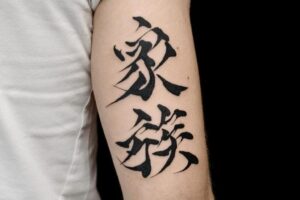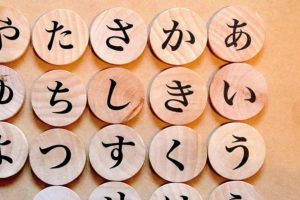
The concept of "inside: Uchi" and "outside: Soto" Part 1
"ウチ "と "ソト "の概念 その1
Inside: Uchi and outside: Soto are very important when studying honorific expressions. We use different expressions depending on whether the person we are talking to is close to us or not, and whether they are a superior or not.
For example, with my family, friends, and lovers, I use a casual way of speaking without using です・ます. This is called “Uchi”.
When I talk to people I meet for the first time or people I am not very close to, I use polite expressions. This is called “Soto.
When talking to people, Japanese people consider whether they are talking to someone in their home country or in the outside world.
When talking to people in “Soto”, we use honorific expressions.
Now let’s consider the case of a company. My close colleagues and I are “Uchi”.
For me, my boss and my less familiar colleagues are “Soto” because they speak politely.
So what if someone from another company enters the room? When someone from another company is present, your boss or a less familiar colleague who is from outside the company will become “Uchi,” and only the person from the other company will become “Soto.
For example, when you are on the phone with someone from outside your company, you would use a humble expression such as “(ウチでは目上でも)「部長の山田は外勤しております」.
It may be a little difficult, but please check ”Uchi and Soto” with your tutor next time.

Kanji tatoo ranking – coolest japanese characters
2022年12月5日
In Japan, tattoos are finally starting to be accepted and more and more people, especially young people, are brewing one-point


Yamaguchi Prefecture: A Melting Pot of Traditional Customs and Culinary Wonders
2024年2月26日
Yamaguchi Prefecture is home to the “Iwakuni Base,” where nearly 10,000 U.S. military personnel and their families live. There are

Guide to Side Jobs for Foreigners in Japan
2024年4月23日
Since 2023, price increases in Japan have become more noticeable, and many people are feeling that their salary from the





